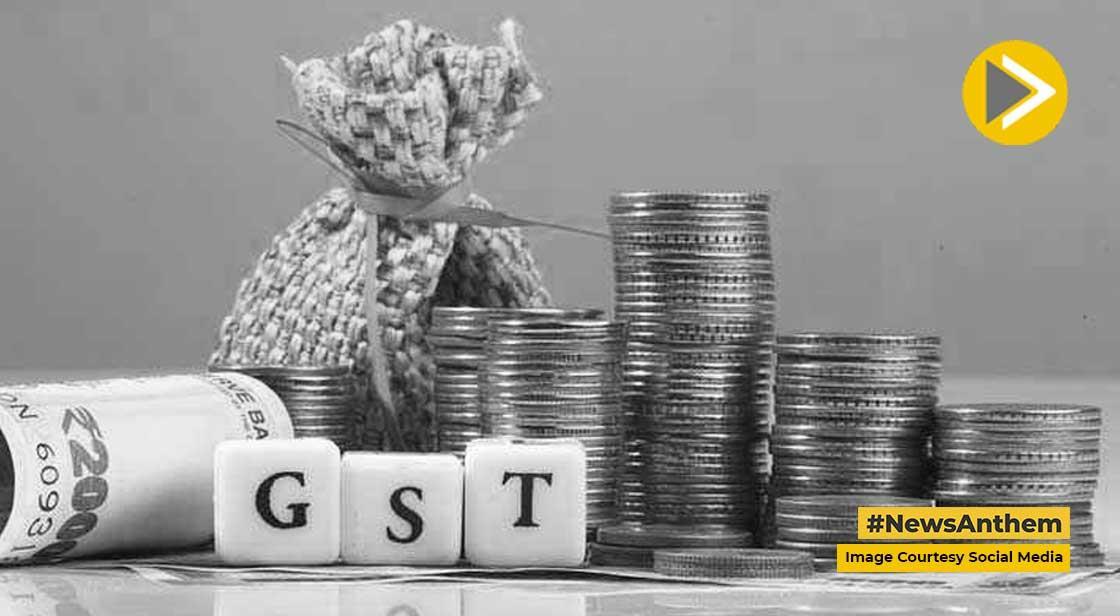Government Plans GST Reduction for Shampoos, TVs, and Hybrid Cars

News Synopsis
India is preparing a significant overhaul of the Goods and Services Tax (GST), aiming to reduce consumption tax on nearly 175 products, ranging from shampoos, toothpaste, and talcum powder to hybrid cars and consumer electronics. The reforms, announced by Prime Minister Narendra Modi, are expected to make daily essentials cheaper, boost domestic consumption, and support local manufacturers. This marks the biggest GST reform in nearly a decade.
GST Cuts on Consumer Products
The government plans to reduce GST on personal care items such as shampoo, talcum powder, and toothpaste from 18% to 5%, which is likely to stimulate sales for companies like Hindustan Unilever and Godrej Industries.
For air conditioners and television sets, the GST could drop from 28% to 18%, aligning with the upcoming Diwali shopping season. Leading electronics brands such as Samsung, LG Electronics, and Sony are expected to benefit from this move.
The GST council, chaired by Finance Minister Nirmala Sitharaman and including state representatives, is set to finalize the list of items for tax reductions during its September 3-4 meeting.
Boosting Domestic Consumption and Self-Reliance
The proposed tax cuts are not only aimed at making products cheaper for consumers but also at cushioning the expected fall in exports to the US. By incentivizing domestic consumption, the government seeks to:
-
Raise farm incomes
-
Support self-reliance among Indian manufacturers
-
Promote domestic sales in key sectors
Key export items like fertilizers, farm machinery, tractors, and their parts are expected to see GST cuts from 12–18% to 5%. The textile sector, which has been affected by US tariffs, will also benefit from lower tax rates.
Tax Cuts on Cars and Two-Wheelers
The government has proposed reducing GST on small petrol hybrid cars from 28% to 18%, benefiting Toyota Motor, Suzuki Motor, and other manufacturers. These hybrids, which combine combustion engines and electric motors, will now be taxed closer to 5% GST on electric vehicles (EVs).
However, Indian EV makers like Tata Motors and Mahindra & Mahindra have raised concerns that the move could slow down EV adoption in the country.
For motorcycles and scooters under 350cc, which account for 95% of India’s 20 million two-wheeler sales, the GST will also be reduced. This is expected to boost sales for Bajaj Auto, Hero MotoCorp, and TVS Motor.
Small cars are likely to see a resurgence in sales, benefiting manufacturers such as Maruti Suzuki, Hyundai Motor, and Tata Motors.
On the other hand, larger cars (over 4 meters with bigger engines) will face a higher GST of 40%, up from 28%, though additional levies may be lowered to keep the effective rate around 50%.
Items Excluded from Tax Cuts
While GST is being reduced for essentials, some items will not see cuts or may have higher taxes, including:
-
Coal
-
Services like betting, casinos, and horse racing
-
Colas and carbonated drinks produced by companies such as PepsiCo, Coca-Cola, and Reliance Industries
These measures aim to maintain revenue while promoting fiscal responsibility and selective incentives.
Conclusion
India’s planned GST reduction is a strategic move to make essential goods, hybrid vehicles, and consumer electronics more affordable, boost domestic consumption, and support self-reliance in manufacturing. While small cars, two-wheelers, and consumer goods stand to benefit, higher GST on larger cars and certain services ensures a balanced fiscal approach. With the GST council set to meet in early September, the reforms are expected to take effect soon, bringing relief for consumers and a potential boost for multiple industries.
You May Like









